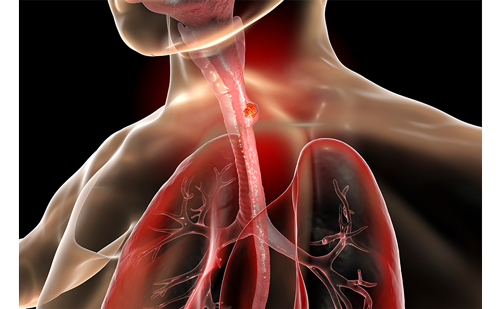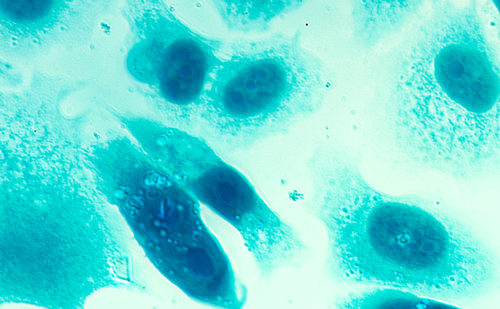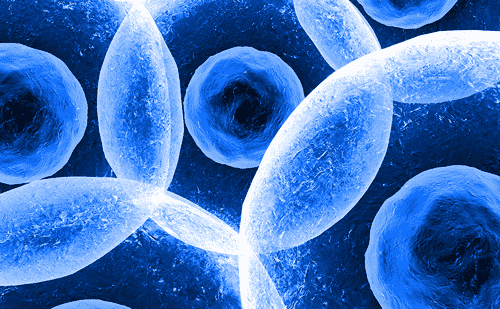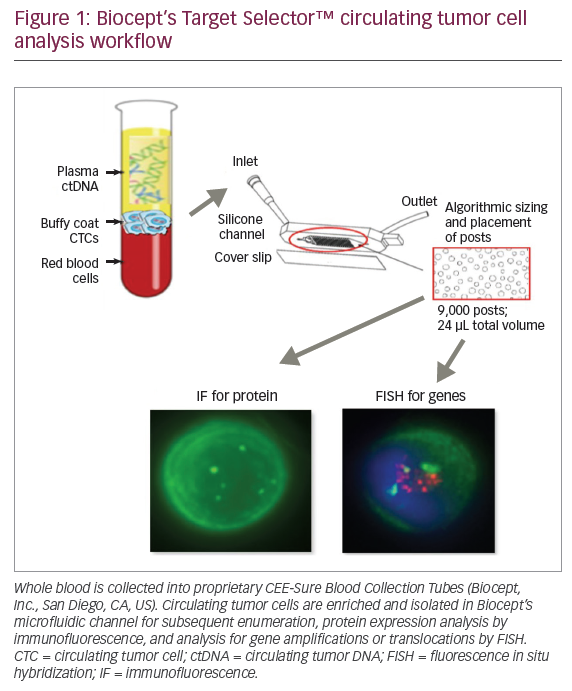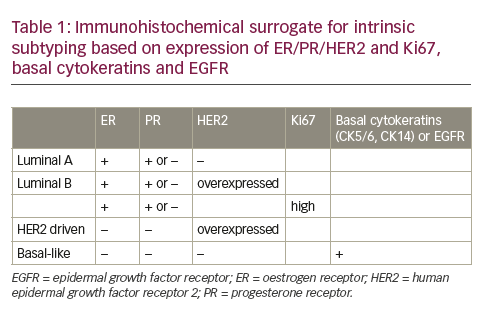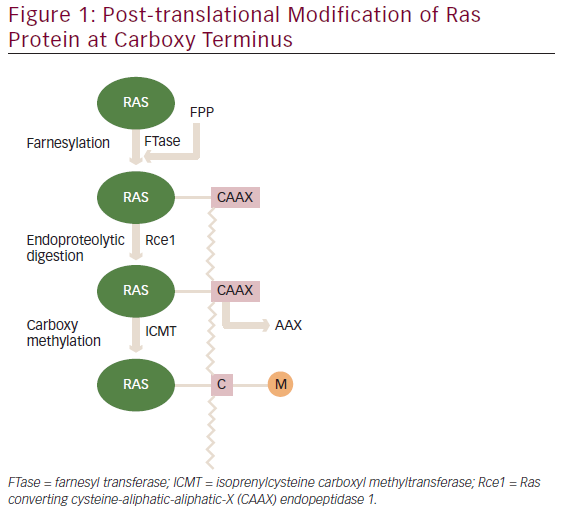The rate of childhood cancer caused by a genetic predisposition is now estimated around 8.5%.1 While proposing a genetic counselling has been classically considered as part of good clinical practice for few malignancies (retinoblastoma, adrenocortical tumours, choroid plexus carcinoma), its actual requirement and relevance was for long deemed questionable for most paediatric cancers. However, next generation sequencing (NGS) has opened new areas for the practice of genetic testing in paediatric oncology. It has first permitted the discovery of new predisposition syndromes in patients for whom no genetic counselling would have been proposed a few years ago.1–4 It has also systematised the requirement of constitutional DNA for the analysis of tumour genetics – and thereby, considerably enlarged the need for consents concerning genetic testing in the germline.5 Some works would suggest that genetic counselling should now be systematically offered to all families of children with cancer, regardless of the histology or familial and personal medical history6 – and potentially, regardless of the actual proof of any medical benefit of genetic testing for the patients and their family. The principle supporting such a way of doing would rely on the assumption that knowing is better than ignoring – and, consequently, increasing the knowledge either for oneself as a patient, or for the scientific and medical community, is ipso facto bearing some improvement, at any level. However, in the case of paediatric oncogenetics, the collusion between biological research, clinical research and daily clinical practice exquisitely raises ethical issues, renewed by the development of NGS. The core issue may be summarised by this fundamental question: is knowledge unquestionably better than ignorance? In other words, what are the positive and negative moral impacts of knowing and ignoring that one carries a deleterious mutation, which exposes to a variably estimated over-risk of cancer? Of course, when the medical benefit of knowing is obvious, leading to well-established and consensual followup procedures (early diagnosis of RB1 mutation, for example), ethical issues may be easily solved – but such situations currently represent a minority in paediatric oncogenetics. Then, the balance of right to know versus to ignore, and duty to know versus to ignore7 may help unravelling potential benefits and side effects of each posture.
Defenders of the right to know argue that knowledge increases autonomy – which implies that critical decisions on important aspects of life may be positively changed by knowing what one’s genes are. While this may apply for adults, to what extent is that true for children, whose autonomy is related to their age? Knowing about one’s gene is definitive – no way to withdraw one’s consent once the information is given. Therefore, applying the principle of maximal autonomy implies that deciding for a child to know whether he is actually bearing a predisposition relies on the certitude that it will positively change his life while he is a child – and that waiting for his adulthood is not an option. This can be true when age at tumour occurrence is young, and when some medical action can be taken to prevent the cancer development. This implies that the benefit of early diagnosis and the precise follow-up procedures are established, which, again, is rather rare in paediatric oncology.
Another presumably positive effect of knowing consists in protecting other family members from cancer or from the “bad surprise” to discover, too late, that one is prone to developing cancer. In paediatrics,the strongest motivation for parents may in fact concern siblings, and the fear to feel responsible for a cancer in another child. In this line, there would be a kind of duty to know, whatever one thinks is good for oneself, considering that genetics in not a private, but a common affair. But in situations where the medical benefit is uncertain or not established, the reciprocal argument is also true: if one family member knows about his genetic status, can we convincingly assume that such an information will remain confidential and that other members of the family will remain protected from knowing what they may not want to know? How will parents decide for their unaffected children, and how will it change their behaviour with them? Collective side effects of knowing may in fact be seriously anticipated within families, especially when the medical benefit of genetic testing is not established. Altogether, to live in the ignorance may be preferred by parents because it lets all futures open and prevents the children, and the whole family, feeling trapped by their genome.
The NGS era opens now tremendous new difficulties in the interpretation of rare variants of unknown significance. Informing families that a “variant” may or may not be a true “mutation”, and that knowing this in their family opens a new field of ignorance is considerably challenging and a potential source of great anxiety. Although scientific advances may require extending our practice of NGS in children affected by cancer, the paediatric oncology community owes loyal information to the parents about all aforementioned issues – and loyal information mainly consists in sharing our ignorance.
Altogether, paediatric oncologists who refer the families should now be able to expose the main issues of genetic counselling – and parents may then ideally be able to decipher whether they believe that genetic counselling will answer the questions they actually have. The broadening of indications of genetic counselling will expose to increasing numbers of results of uncertain biological significance – and also results of biologically ascertained relevance but of uncertain medical significance. While the wideness of our ignorance in this exciting field fully justifies international biological AND clinical research programmes, one should not forget that the main motivation for families is to have an answer to this question: why my child? Whether genetics – which identifies causesis actually able to give a comprehensive answer to this question- which regards the meaning – remains to be assessed


